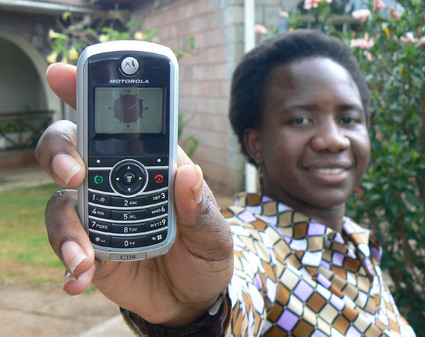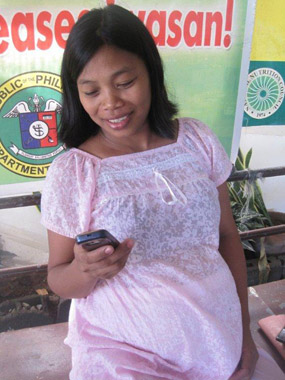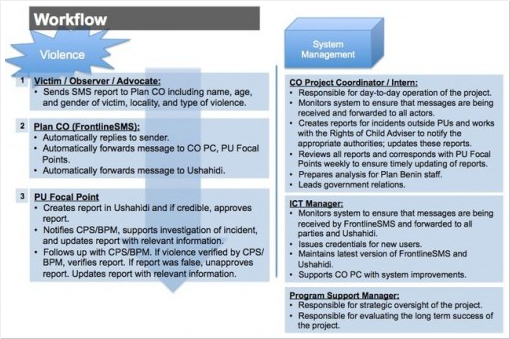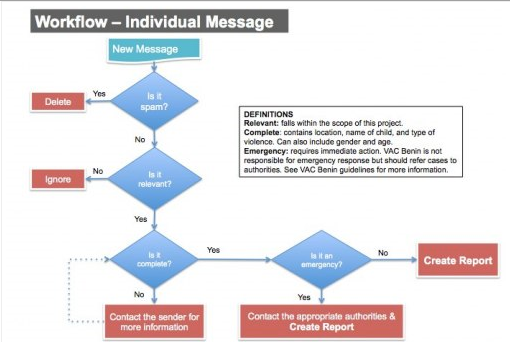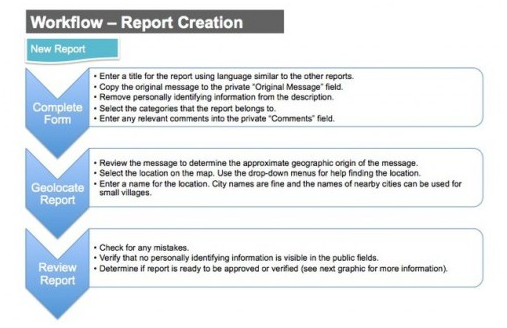 FrontlineSMS:Credit is a sister project of FrontlineSMS, which aims to make every formal financial service available to the entrepreneurial poor in 160 characters or less.
FrontlineSMS:Credit is a sister project of FrontlineSMS, which aims to make every formal financial service available to the entrepreneurial poor in 160 characters or less.
Recently, FrontlineSMS:Credit re-launched their website, where you can find out more about their work. The FrontlineSMS:Credit team have also taken on two Social Impact Fellows to research new opportunities for enterprise use of mobile payments, and the accessibility of mobile payments in East Africa. They will be sharing their findings on the FrontlineSMS:Credit blog over the summer.
Here, Nathan Wyeth, FrontlineSMS:Credit Project Director, shares some of his own ideas on how to make mobile money inclusive.
"During a recent trip to Washington, DC, I met with a range of people working with NGOs and private organizations interested in mobile money in various forms. I spoke with them about applications of FrontlineSMS software to make it easier for development programs to use mobile money; both for work with beneficiaries as well as for internal administration. But one of the most interesting questions I got was: How can mobile money systems be designed to be more financially inclusive, and what would a financial inclusion 'wish list' look like for mobile money platforms? I spoke with my colleagues in Nairobi about this, and identified the below ideas.
1. If bank involvement is required, enable agency banking and keep requirements realistic for rural areas.
If bank involvement is required, agency banking contracted to mobile money operators, combined with KYC requirements that are realistic for rural areas, can keep mobile money systems accessible. Requirements like photocopies of ID cards do little if anything to promote security of the banking system and simply create a serious barrier to rural customers.
2. Encourage mobile money for commerce by creating small businesses accounts.
In many cases nothing exists between personal accounts and corporate accounts for bill payment and the like. This means that small and medium enterprises will accept mobile payments, but to personal accounts of employees and within the transaction limits set for individual users. While mobile money can easily be a tool for improved financial and business management and customer interaction, paying to personal accounts creates headaches at best and opportunities for fraud, theft and customer mistrust at worst.
A small business account would be an easy thing for mobile payment operators to create. This could include features like:
- Opened in the name of the business by the owner or authorized agent
- Higher daily account limits – for example, to pay salaries – with option for account owner to set custom limits below this to prevent fraud/theft.
- Retrieve account history via SMS for security and financial management
3. Make it easy to get an enterprise connection to a mobile money account.
It is not enough to make it possible for urban, sophisticated banks and corporations to build real-time, web-based connections to payment systems so that they can handle transactions at volume. Account updates should be easy to obtain via web and SMS and in formats (APIs, etc.) that make it possible for any organization using payments at volume that do have their own electronic recordkeeping to bring this data directly into such systems.
4. Ensure that mobile payments conform to financial industry standards
Employing industry-wide standards will hasten the adoption of mobile money alongside the existing architecture of the financial industry and increase the comfort that regulators have with this new form of money transfer. This includes standardized data format methods for enterprise connections (ISO 8583) and data security standards in line with those used by payment cards (PSI-DSS).
Read more on making mobile money inclusive in the full version of this post on FrontlineSMS:Credit's blog.


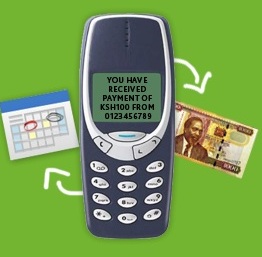

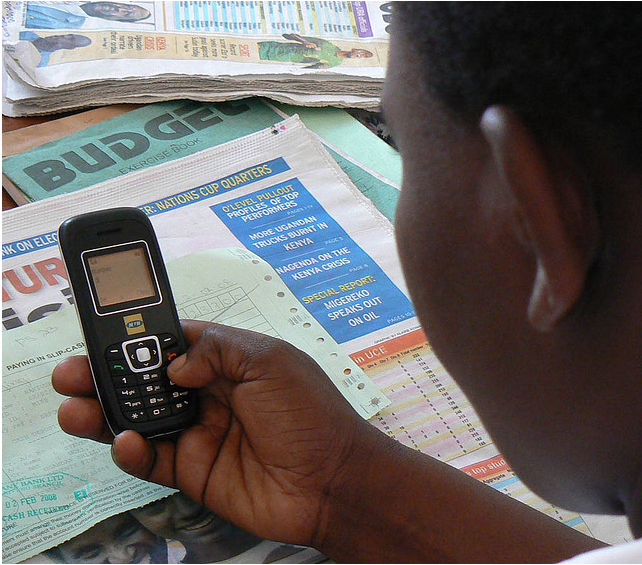


 We were recently approached by Philip Auerswald, Editor of “
We were recently approached by Philip Auerswald, Editor of “